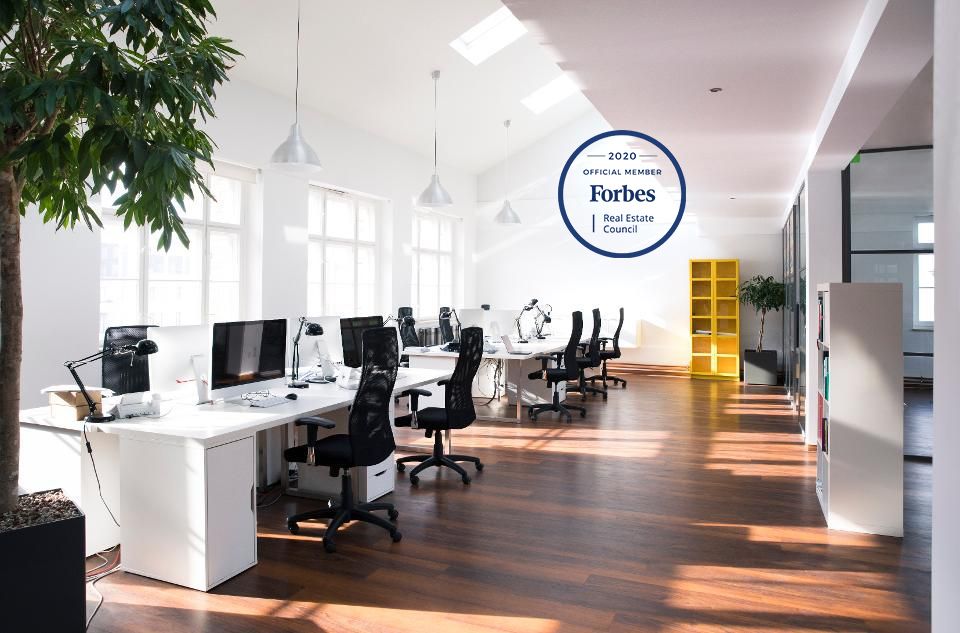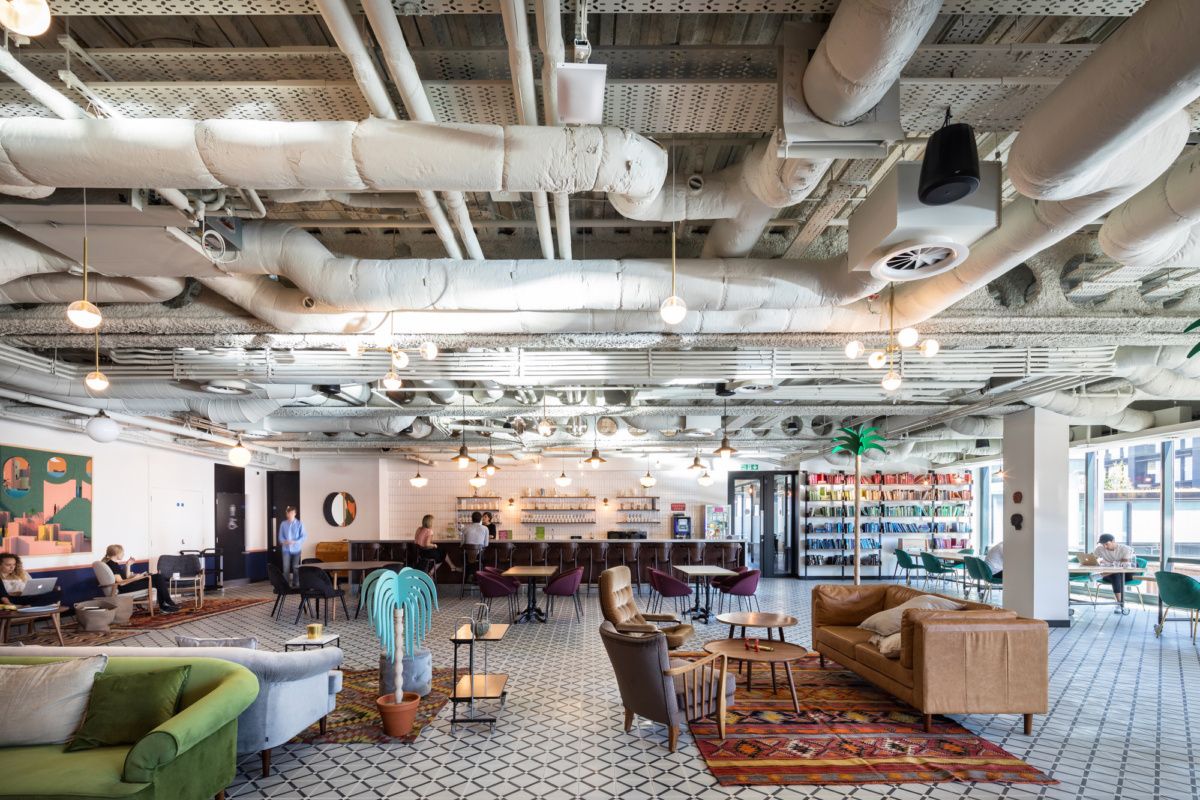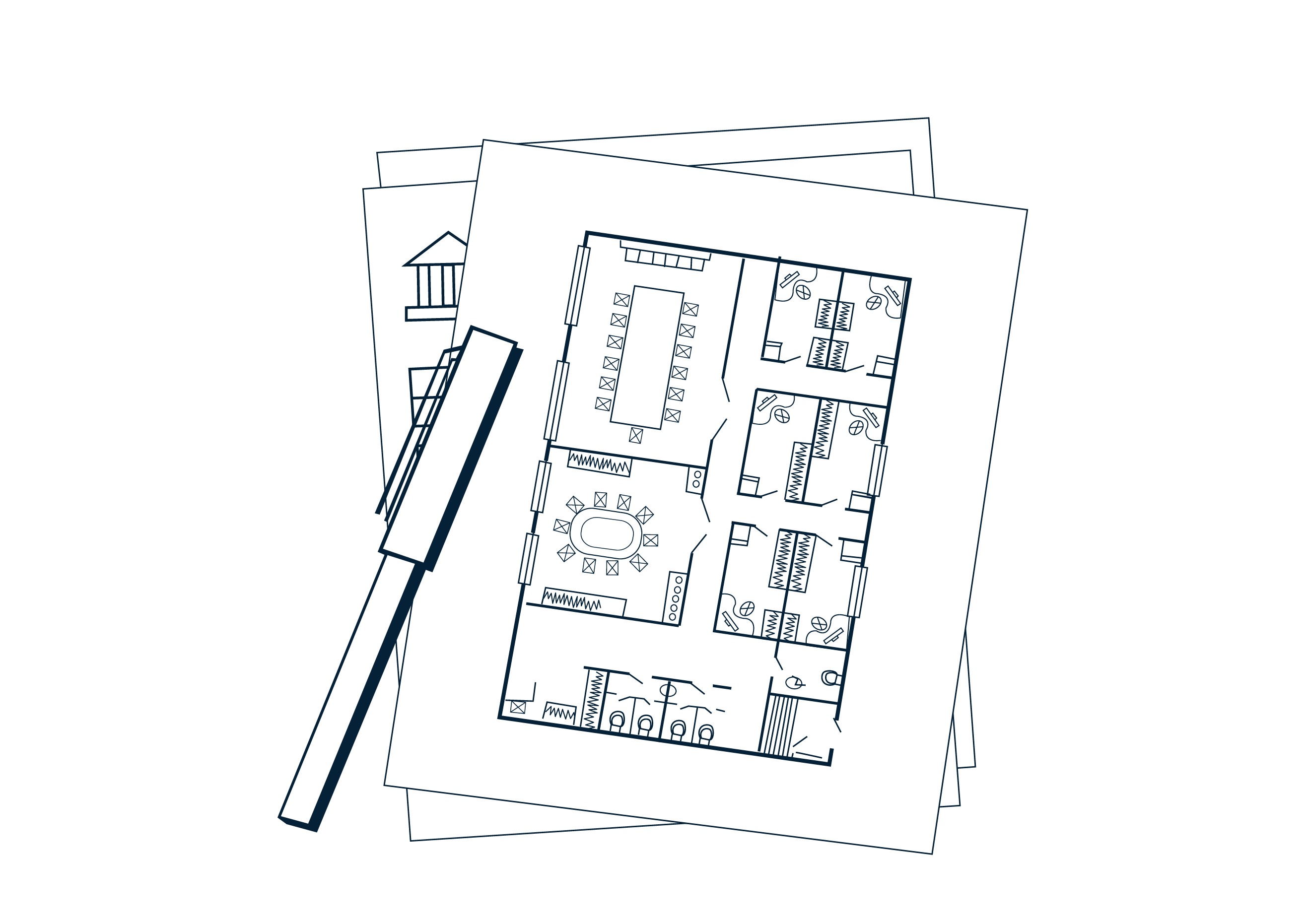2064 Views | Apr 23 2020, 02:18am
How Commercial Real Estate Brokers And Office Users Will Adapt To The New Future

Here in Ontario, we’ve recently learned that physical distancing protocols may be extended for another three months, or possibly longer. Even then, it’s possible that people will want to keep their distance until the threat of coronavirus has been proven to have subsided for good. This sets the scene for a new reality where more employees are working from home than ever before.
“The Ontario Government declared real estate an essential service, in order to permit transactions to close,” OREA President Sean Morrison said in a press release, adding, “I want to make it clear that this does not mean business as usual for Ontario’s realtors.” What this does mean is that we will need to adopt new ways of running our brokerages.
That’s why, as a commercial real estate broker, it’s become increasingly important to continue to innovate and ingrain that mindset across your business, cultivating new ways to operate the agency with your team. As of now, the real estate industry is venturing into uncharted territory, hurriedly trying to keep up in an ever-evolving environment. The call for change and adaptation has never been more critical in order to thrive. I predict the new-found real estate infrastructure will play out in the following ways.
A Shift Away From Square Footage
There will be a notable shift in tenants pushing to reduce their exposure by reducing their commercial square footage. Tenants with teams of over 10 people will leave the shared spaces, if they haven’t already, until it is safe to congregate in groups again.
This is a fact that real estate brokerages are already beginning to see. Toronto’s real estate market reportedly took an overall nosedive of 37% from the same time last year as of March 14, 2020.
Larger space users will look to incorporate this newly created work-from-home infrastructure and reduce their dependence on office space, which has become very expensive in the city core. There will be a move to smaller spaces from both of these groups, so expect to see a crunch in the 1,500- to 8,000-square-foot space range when things start to stabilize.
Commercial brokers should keep following up with your clients and let them know that there are tech-ready spaces that are available now that may not have worked for them before. Downsizing can save your client much-needed cash flow, and they will be grateful for your help.
Revisit spaces that may not have worked before, and really delve into what your client is looking for. Suggest for your client to take advantage of opportunities where they can lease for cheap and reconfigure the space with a landlord-tenant allowance or even finance furniture packages over the length of a year, rather than paying upfront.
New Reliance On Digital Tools
In order for new potential tenants to make quick decisions, they’ll need verified information and access to units — although they may not want to or be able to visit them in person until the pandemic threat has passed. Real estate owners and brokers will have to provide potential future tenants with quick and detailed information in order to successfully lease their properties by utilizing digital tools like:
• Virtual tours.
• 3D floor plans.
• Space plans that can be customized to the tenants’ needs (and quickly).
• Built-in furniture plans and pricing.
• Realistic renderings of what the finished space may look like, if it’s not already in move-in condition.
• Easy access to a lawyer and notary if a deal is to be completed.
Brokers, with the help of landlords, have to be able to show leasable spaces in a virtual modality and consider allowing tenants to make their deals conditional on a final walkthrough of the space. And it seems only natural for us to be moving in this direction. With most real estate consumers locating, researching and communicating digitally today, the sensible choice would be to move more of our industry online.
For commercial real estate brokers, this is a call to think forward. The actions that we as an industry take now amidst a crisis will only add to a more robust real estate landscape in the future — one that transcends the physical world. Up until now, real estate has been sorely lacking in the tech field, failing to leverage the tools that were once considered unnecessary or overrated. However, tools like augmented reality, 3D virtual tours and digitized floor plans will start to be used on a mass scale. In the end, I predict that the real estate industry will come out of this lockdown with innovation, more refined and in-tune with our consumers than ever before.
MORE ON COMMERCIAL REAL ESTATE MARKET TRENDS
Toronto Storeys, Toronto’s Real Estate Market Just Took a Nosedive
CTV, Ontario real estate agents urged to stop face-to-face business...
Global News, How long will coronavirus measures last in Canada? Experts say June or July
STAY INFORMED

CUBECOM CHRONICLES:
Your guide to the most important news on Commercial Real Estate, Industry Trends and Business Advice for Entrepreneurs.
Edited by: Linh Nguyen
MORE CHRONICLES

Mar 08, 2021
Downtown Toronto Office 2020 Real Estate Recap

Mar 20, 2020
What to do with your commercial lease during COVID19

Feb 25, 2020
Creating Privacy in Open Plan Offices










